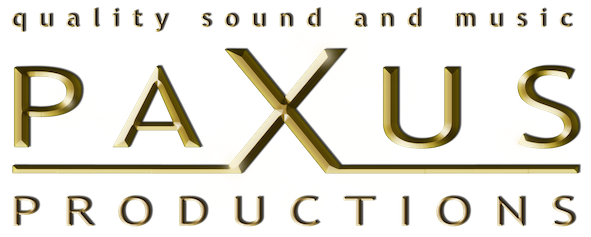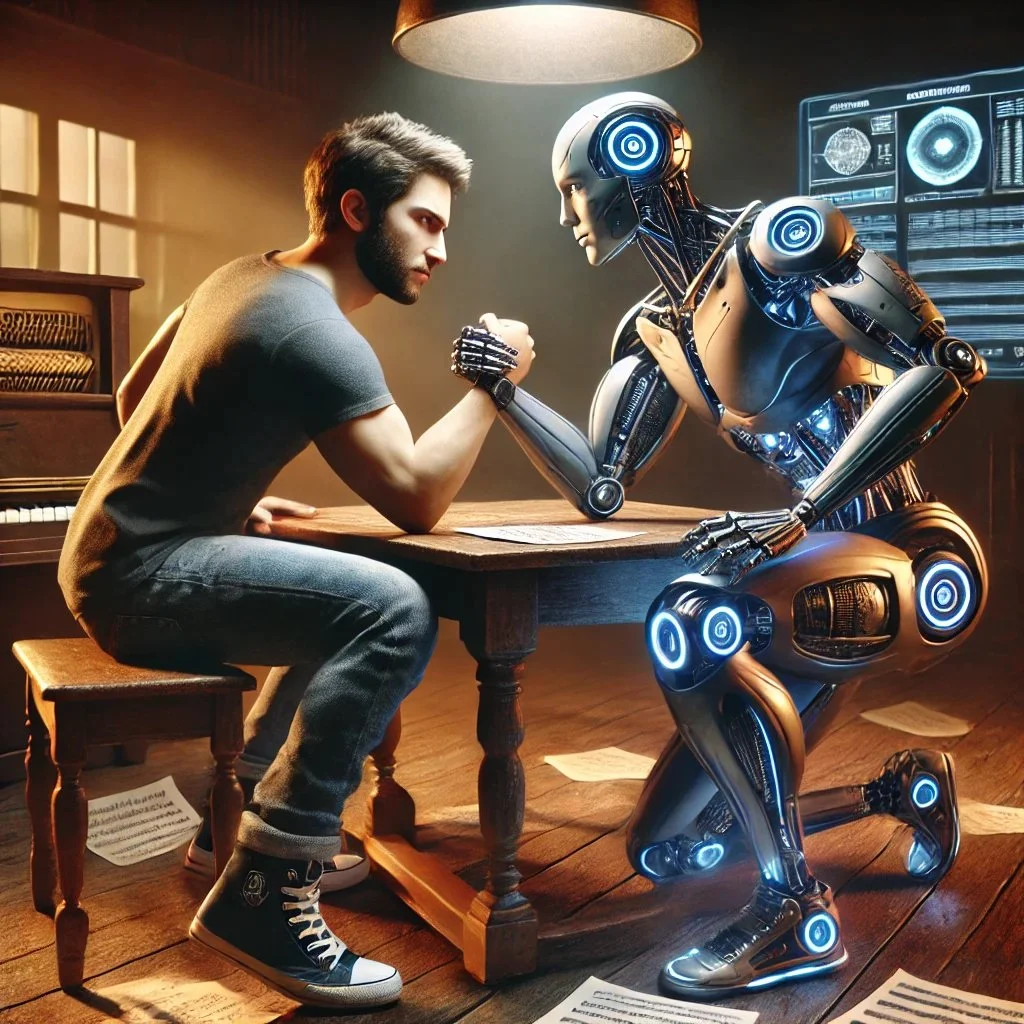Human creation vs AI
This is one of our industry’s current hot topics that many are closely monitoring. We’ve already seen how technology has drastically altered the way our industry functions on a great number of fronts. Whether it involves marketing, distributing, creation, production, or consumption, it seems that the music industry is frequently included among those sectors that are profoundly affected by the advancement of computing and artificial intelligence.
It is yet to be seen if this new wave of technology will ultimately spell the end of the world as we human producers have known it. We’ve been spooked before by the advent of sequencers, virtual instruments, and drum machines, all of which we once predicted would destroy our livelihoods. But is this new wave of technological evolution truly different from what we’ve experienced in the past?
I’ve managed to make a healthy living from producing accompaniment tracks for singers over the years, with some tracks based on earlier arrangements and others being created entirely from scratch. However, as technology now allows virtually anyone to easily create their own music—either by removing vocals from original tracks or simply prompting AI services to generate something new at little to no cost—I’ve noticed a significant decline in the amount of my work coming from this particular area.
Recently, I stumbled upon a YouTube video that provided a step-by-step guide on how anyone can generate their own covers of a song using AI. It also detailed how to copyright those creations and upload them to various streaming services to generate revenue. This blatant intention to exploit an artist’s original work, completely negating any royalties owed to them while reaping financial benefits from their popularity, starkly illustrates how new and rapidly evolving this technology is. At this moment, there is currently nothing illegal about these actions. Not yet. Much like when the file-sharing service “Napster” first appeared on the horizon, we find ourselves exposed and vulnerable to exploitation by anyone who is tech-savvy enough to take advantage of these tools.
The knee-jerk response to this situation is often, “Well, anything generated by AI will never have the warmth and soul of a human creation.” However, I distinctly remember a time when people said similar things about the transition from digital to analogue recording.
In my opinion, it’s really only a matter of time before we reach a significant turning point. We are already consuming AI-generated material on a daily basis, and while it is usually still detectable to most people and often feels plastic or somehow “wrong”, the technology gets better every single day. Like a frog in boiling water, we are being slowly conditioned to accept it without truly realising the gradual change that is taking place.
Illustrators, copywriters, filmmakers, and content creators are all starting to feel the pinch of this evolution in their industries. How many small to medium-sized advertising and marketing firms are now resorting to AI tools in order to reduce costs and maximize efficiency?
I can easily imagine a future where a song or composition created by a person will be considered ‘artisan’ or ‘handmade,’ much like the unique items you would find at a local community market. Perhaps that will add value to such artistic creations, or perhaps it will not.
Nonetheless, it’s my hope that we find a lane that runs parallel to these technological advancements. Having AI as tools at our disposal is undoubtedly liberating in so many ways, offering new possibilities for creativity. Let’s hope that they remain that way, and that human creativity continues to be appreciated and valued in our society.

